Capacity building in aquaculture in Indonesia
TRAINING OF TRAINERS
During Training of Trainer programmes, we work on capacity building of educational institutions. The practical skill training is meant to train train staff in skills, knowledge and competences on various topics and, most importantly, how to implement this in their own education. Lisa was in Indonesia (Turen, East Java) last week for NUFFIC project: ‘Capacity building on inclusive value chain management, value addition and entrepreneurship/business incubation in aquaculture in Indonesia’ to train SMK Negeri staff together with Indonesian trainers Siti Jamillah and Asharina Nabila (both from IFSI) and Coco Kokarkin (director Indonesian Fish Security Institute).
TRAINING GOAL
After a year of online training due to the travel restrictions, this was the opportunity to plan the last training of this TMT in real life! The obtained knowledge from previous trainings on Food Safety, Value addition and Entrepreneurship was expanded with practical skill training and field visits in this practical last ‘Refresher Training’. All in order to implement the lessons learnt in the curriculum of the beneficial institutes SMK Negeri Turen and SMK Negeri Dringu. The Refresher Training linked all the different disciplines and was tailored to the specific needs of the participants. This resulted in the focus on practical business incubation skills and how to create an entrepreneurial mindset amongst the students of the SMK Negeri colleges.
TRAINING PROGRAM
The interactive training week started with a recap of the previous three trainings on the first day. On day 2, the theme was Value addition, for which the participants gained practical insight in the aquacultural value chains on the island by means of visits to the local fish market and cold storage facility. On day 3, the insights were translated into business opportunities using the Business Model Canvas method, extra focus on (digital) marketing and sales including serious games and pitching. The last day was all about private sector linkages and therefore a visit to the Living Labs (Mr. Basori) to see what it entails to run a catfish farm. After a morning tour and guest speakers, the participants worked on curriculum development in terms of creating project based learning cases for both institutes to challenge students with a meta-approach: combining all knowledge into one multi-disciplinary, practical project to assess their competences. Also, students who were part of the Entrepreneurship program were invited to present their business plan as a result of the training.
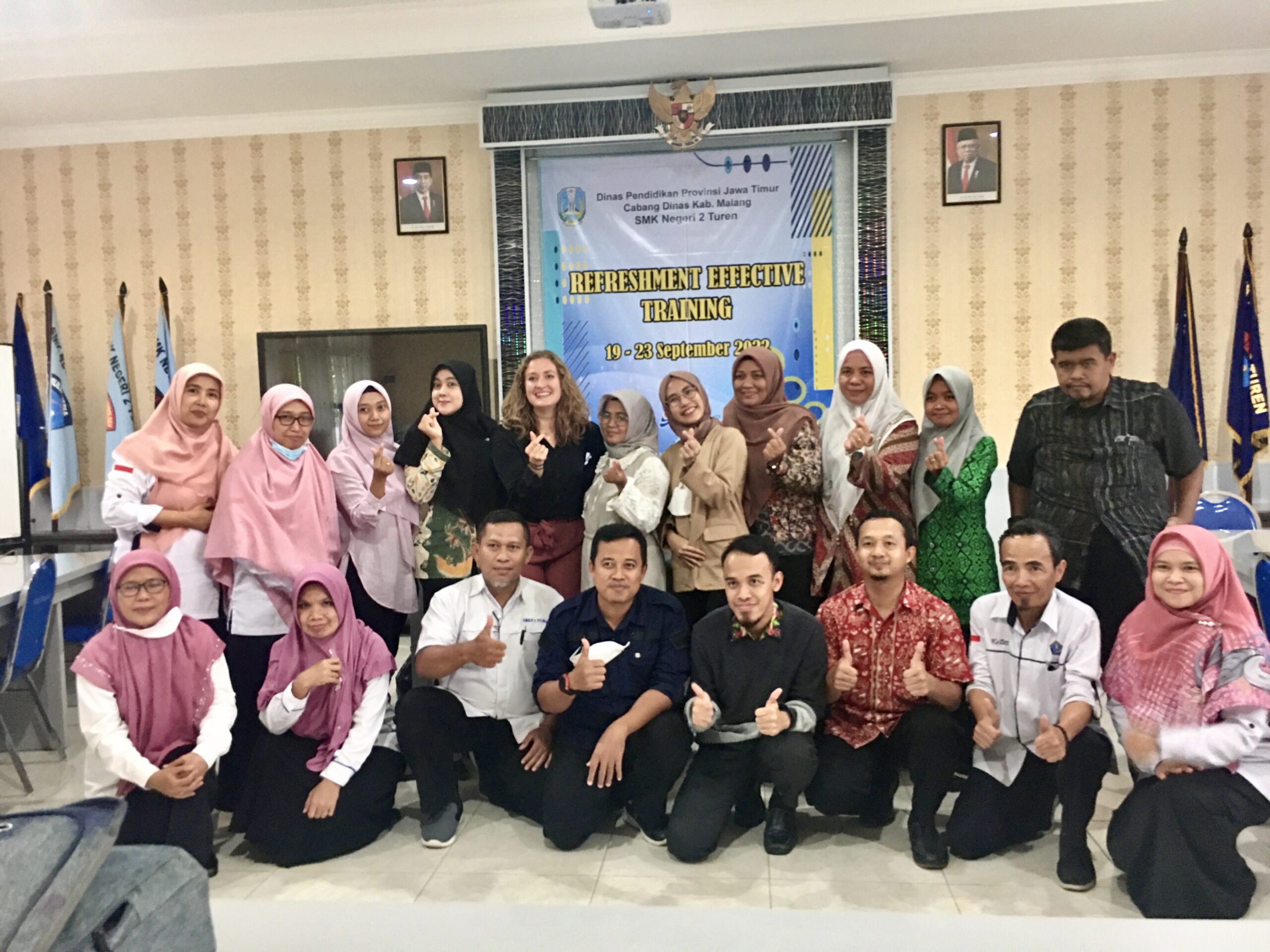
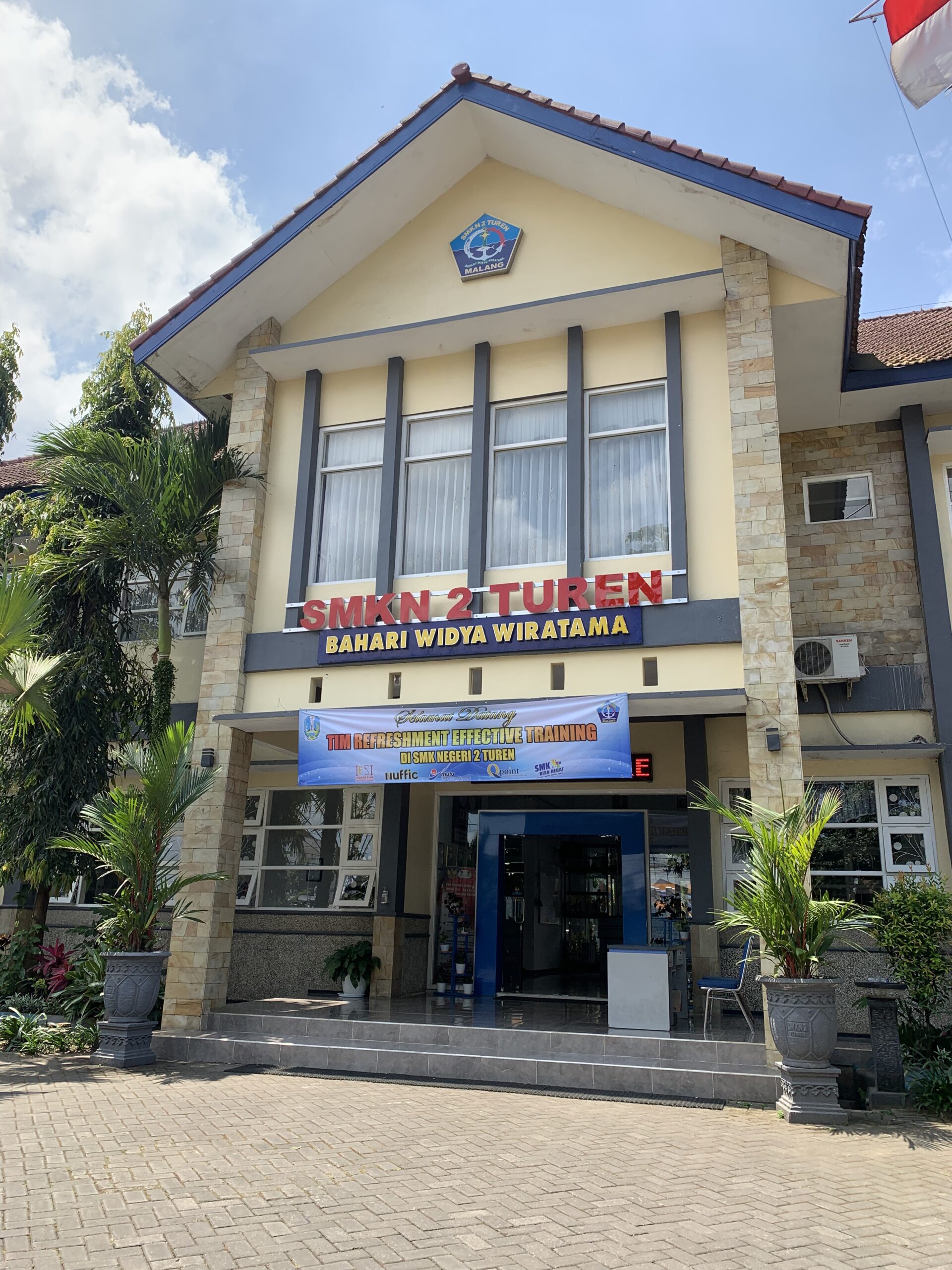
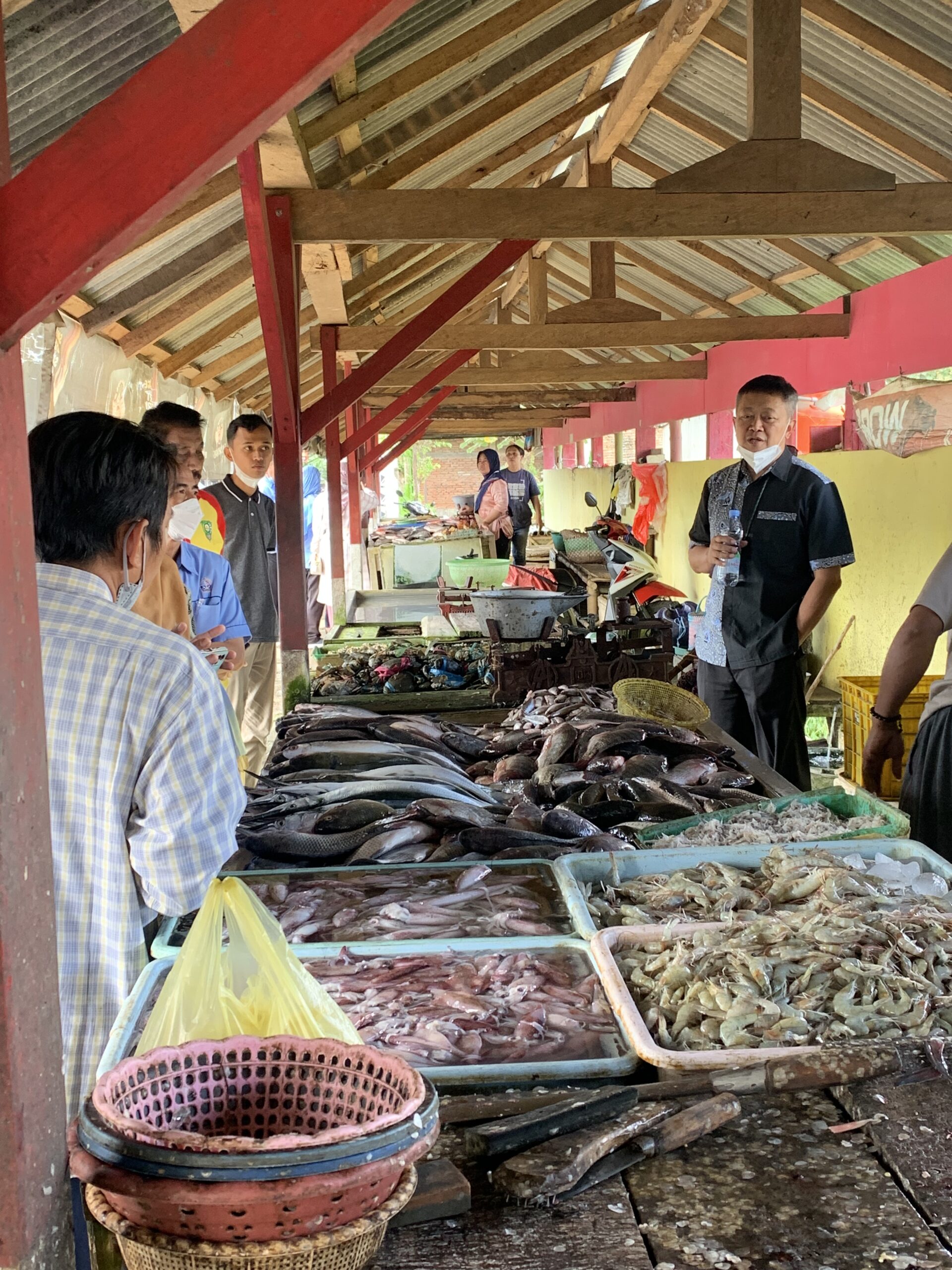
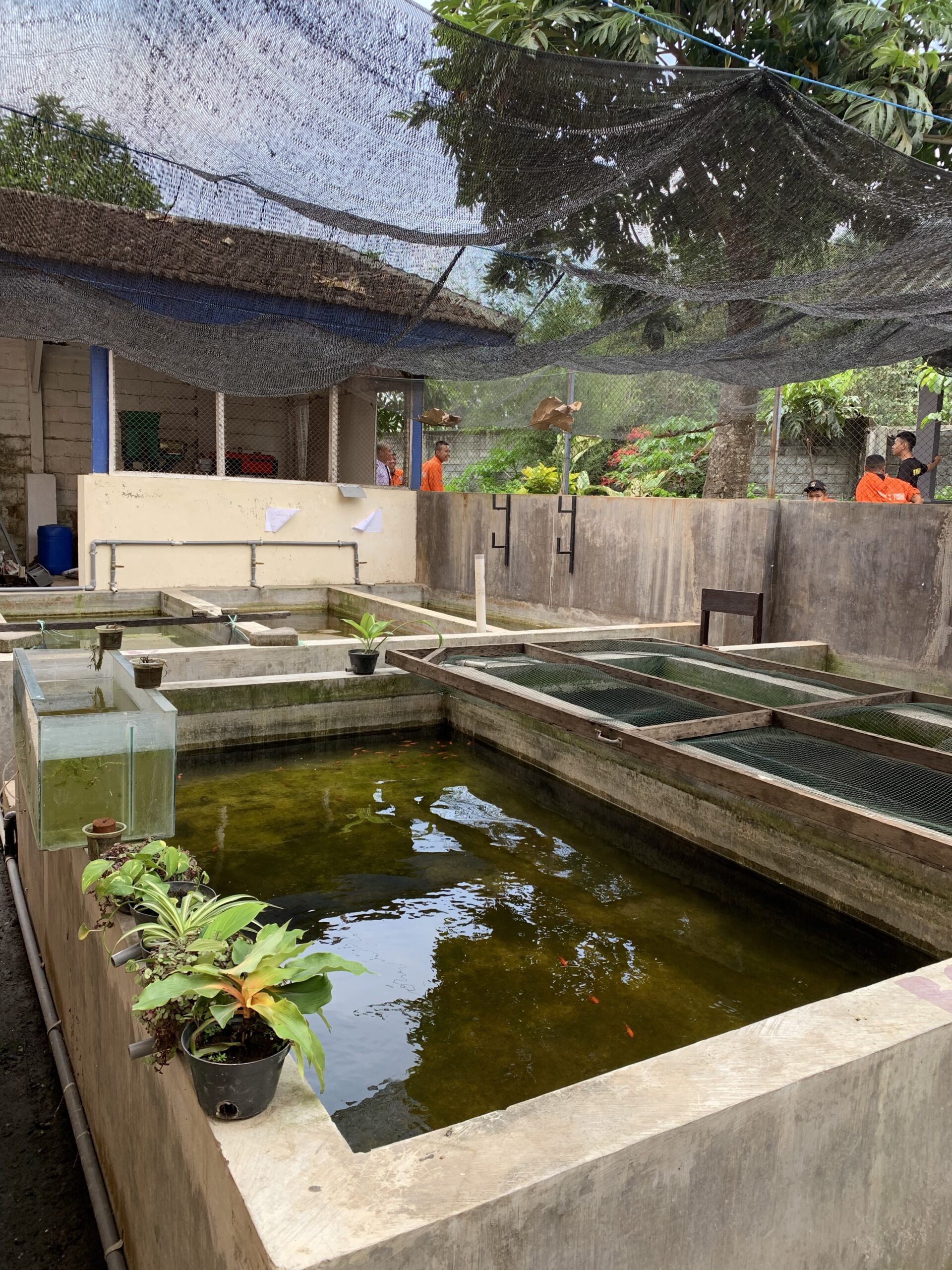
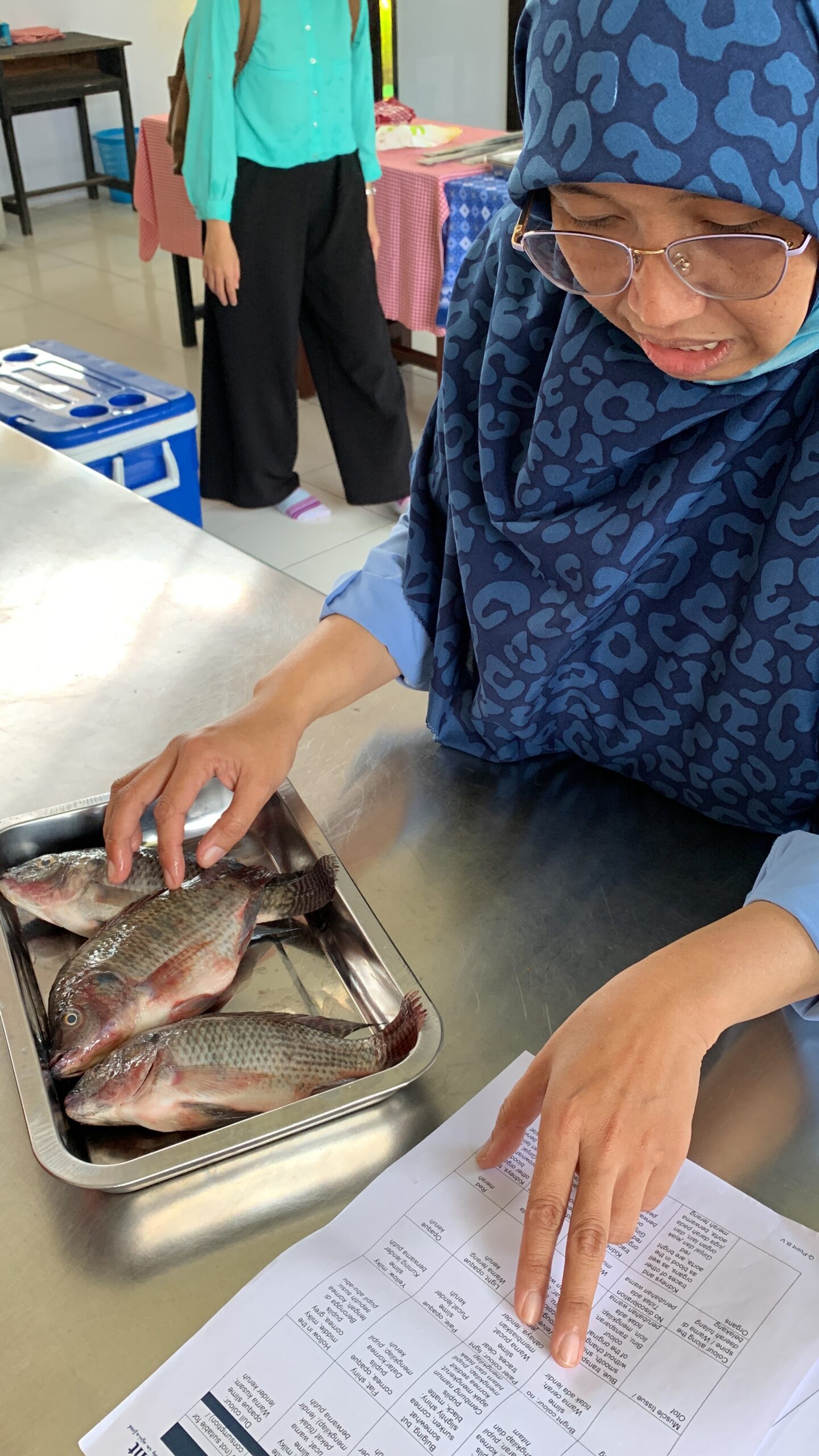
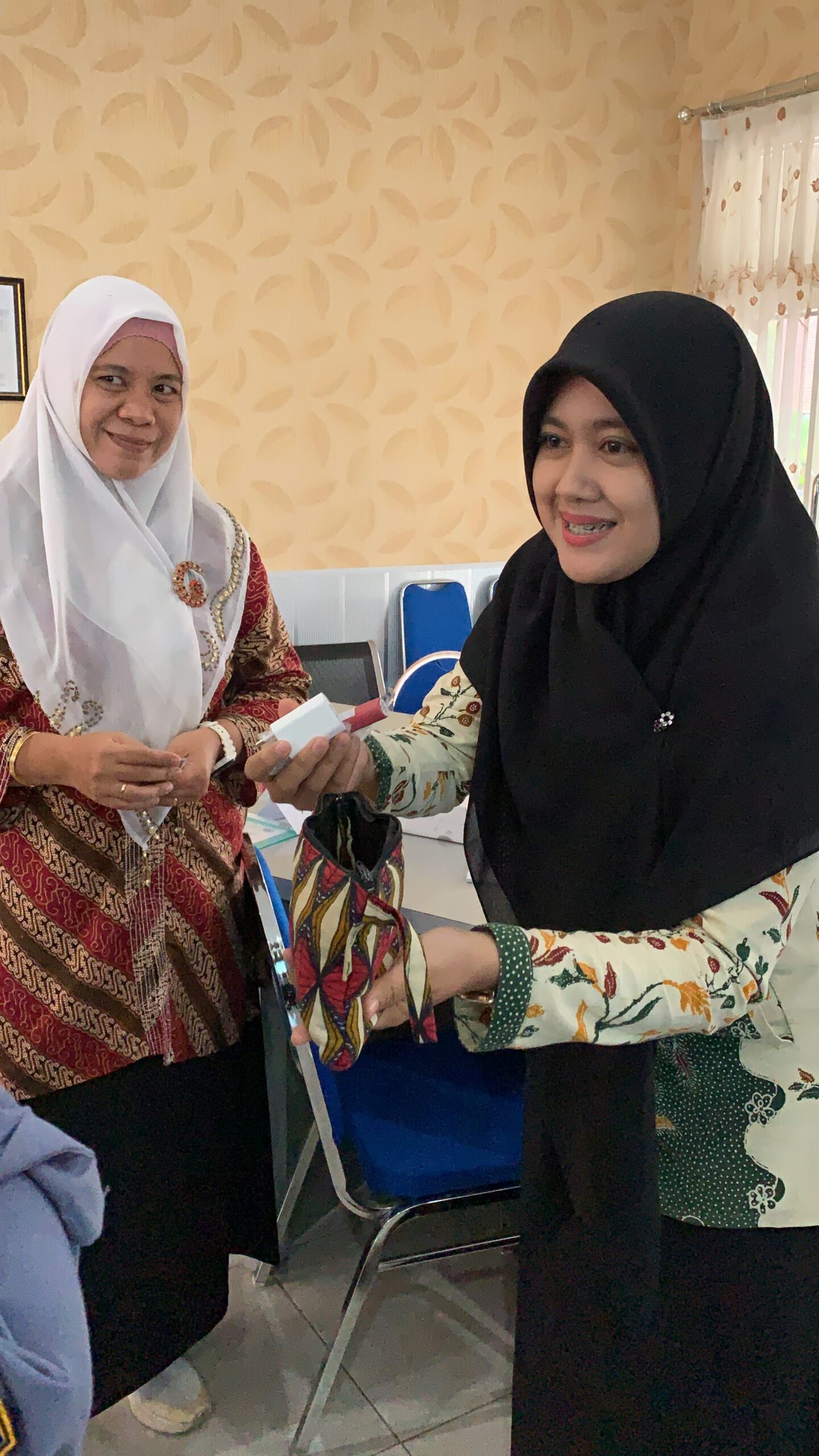
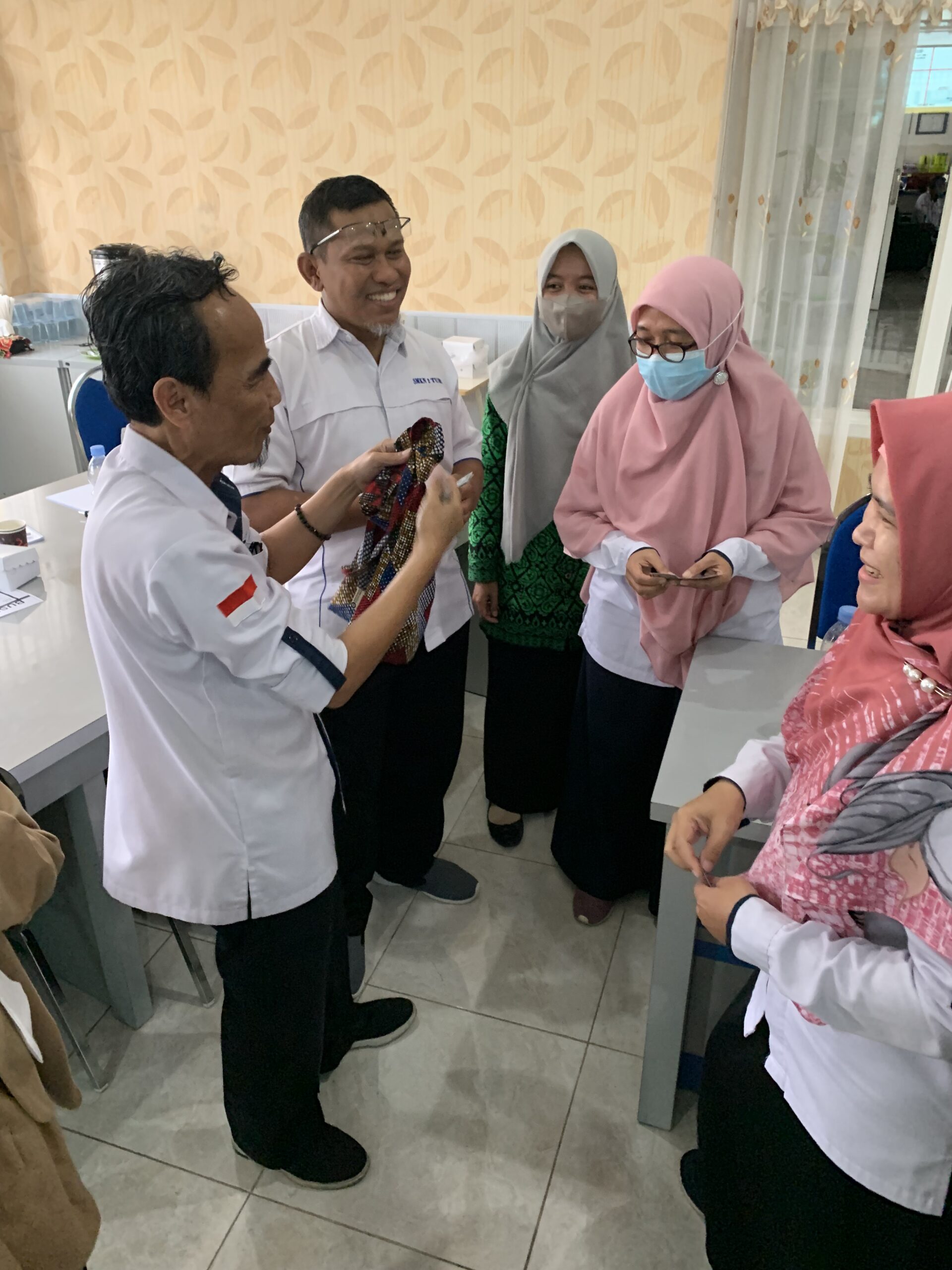
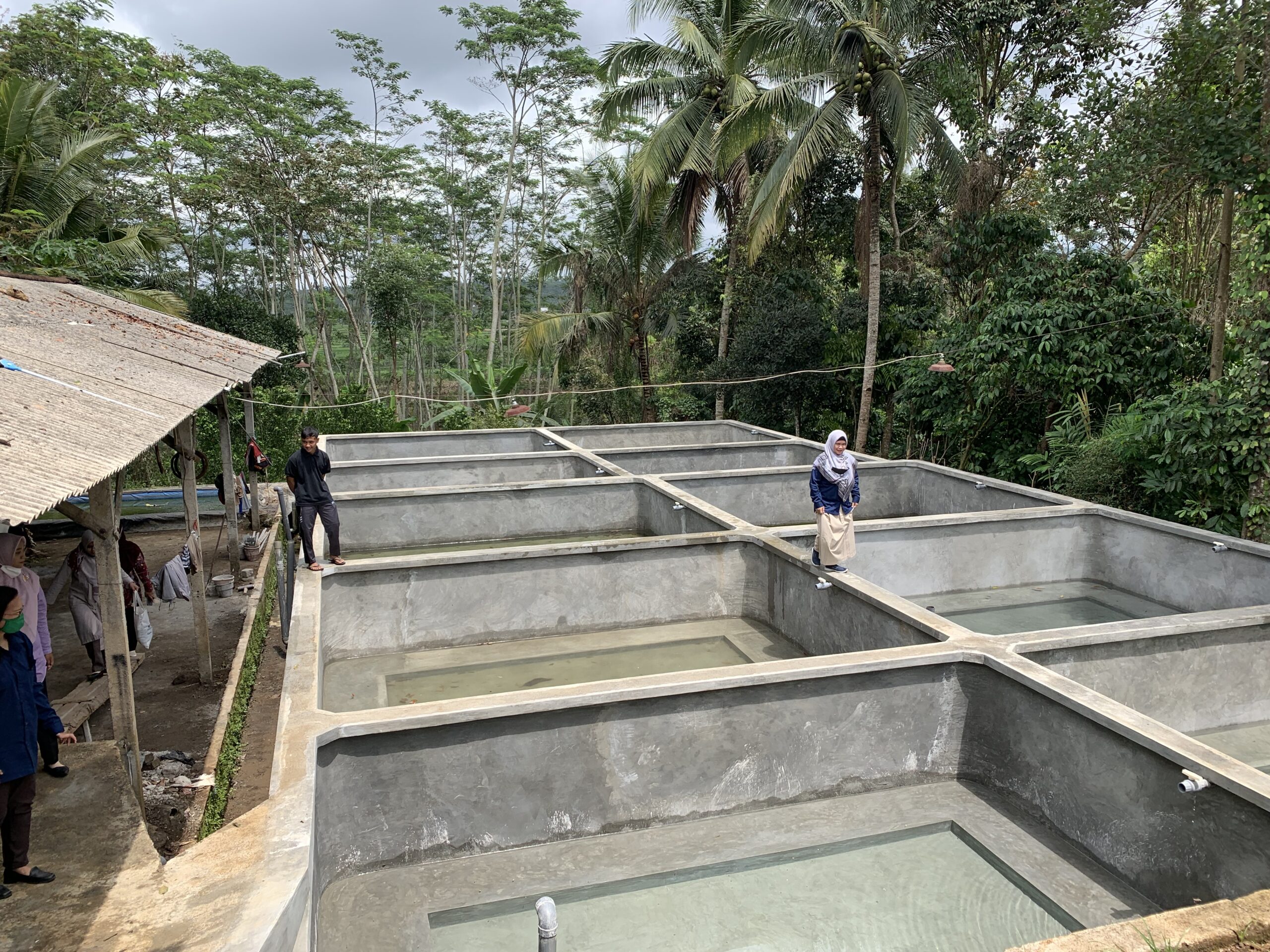
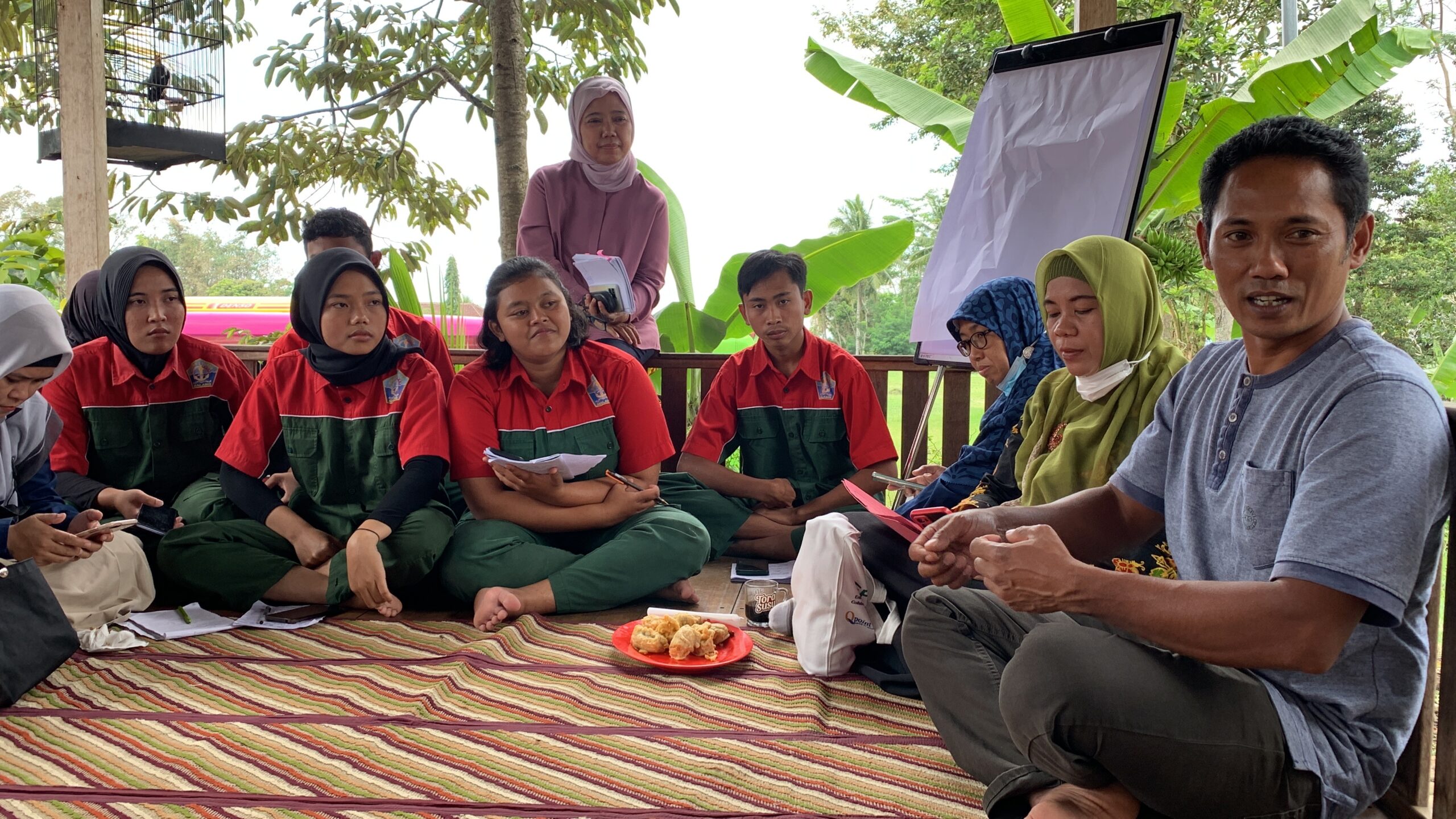
Wahyu (one of the training participants): “I am so happy to have followed this training, because now I have started my own business and I will continue following the approach learned during the training!”
Thank you all for the inspiring week, all the best with implementing the learnings in practice! 😊



